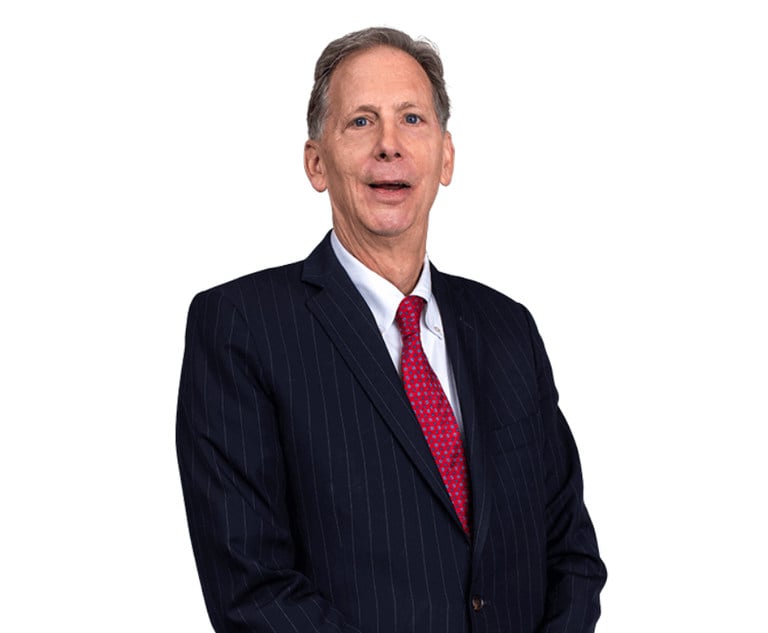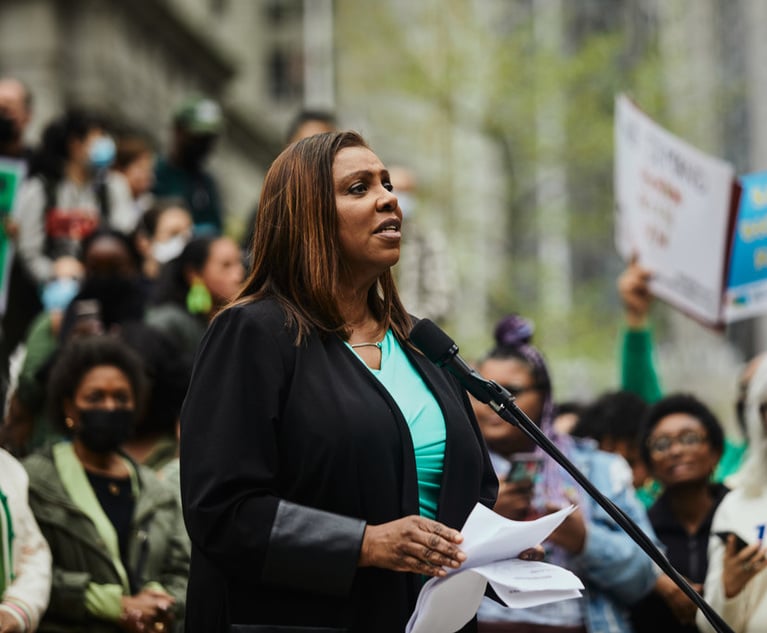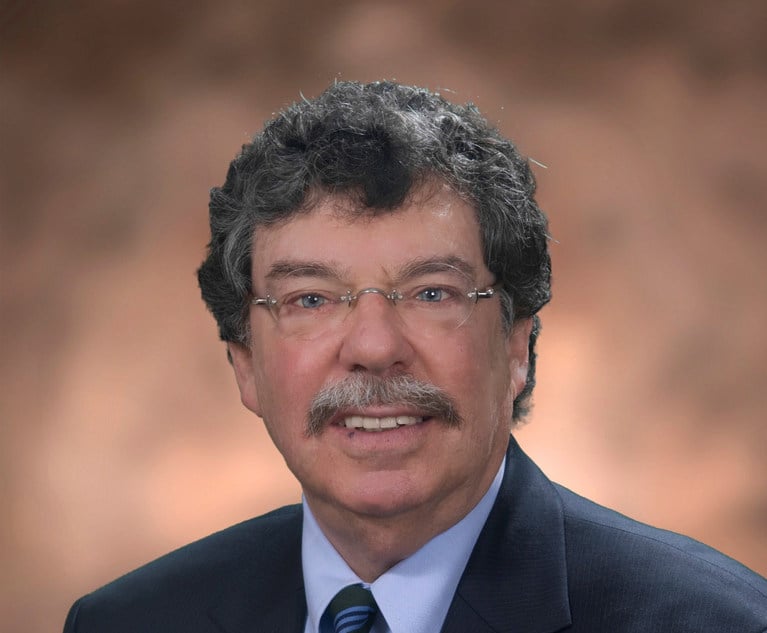Many seniors aged 62 or over are house rich but cash poor. They have built up great equity in the value of their homes but have very little in savings. They may wish to pay off a conventional mortgage or generate additional income. Those who own private homes or condominiums have the option of tapping into their equity by a reverse mortgage. The reverse mortgage, in appropriate cases, has allowed seniors to remain in the comfort of their own homes. Their real property is used as the collateral for the loan.
Seniors living in cooperative apartments have been unable to obtain a reverse mortgage because they do not own real property to be used as collateral. They own personal property, shares in the cooperative apartment corporation. Cooperatives represent 75% of the apartments in New York City, creating a significant disparate treatment of senior co-op owners seeking a reverse mortgage.
This content has been archived. It is available through our partners, LexisNexis® and Bloomberg Law.
To view this content, please continue to their sites.
Not a Lexis Subscriber?
Subscribe Now
Not a Bloomberg Law Subscriber?
Subscribe Now
LexisNexis® and Bloomberg Law are third party online distributors of the broad collection of current and archived versions of ALM's legal news publications. LexisNexis® and Bloomberg Law customers are able to access and use ALM's content, including content from the National Law Journal, The American Lawyer, Legaltech News, The New York Law Journal, and Corporate Counsel, as well as other sources of legal information.
For questions call 1-877-256-2472 or contact us at [email protected]


 Daniel G. Fish, partner with McLaughlin & Stern. Courtesy photo
Daniel G. Fish, partner with McLaughlin & Stern. Courtesy photo




